|
Such a strange, infectious film that provokes the audience with moments of barbarism and perversion while managing to still, somehow, feel affectionate towards its characters and their situation - at least, for the most part. Not entirely sure what this film is trying to convey, but Fruit Chan's Hollywood Hong Kong is ripe for such types of subtextual investigations; perhaps it merely wishes to exhibit the conditions of its character in a way that isn't full of mimicry and disdain, providing a platform for its lower-class characters who largely operate in the shadows of contemporary culture with no platform to share their daily struggles. The intersection of a deceitful sex worker, a portly butcher, and a local low-level gangster leads me to think Chan's focus is largely about exhibition, but he does show an interest in capturing the unglamorous conditions of this lifestyle while still viewing these characters largely in an emphatic, humanistic light. Hollywood Hong Kong is unquestionably a distinct experience that has a twisted charm and affection for its unorthodox characters, while stylistically being deeply sensual in its exhibition of flesh - in the end, whether rich or poor, whether oppressed or the oppressor, we are all just flesh, blood, and bone.
0 Comments
Extremely acute in its study of youth and how discovery is intrinsic to experience. The coming of age motif's overabundance in independent cinema can at times be grating to me but Short Vacation deploys such an ethereal approach, one of constant wonder in which the smallest details of life feel revelatory. The importance of friendship and shared experiences is elucidated across this film's casual, organic pacing. The film's grammar is understated yet extremely precise, its formal style, specifically the use of composition is extremely effective in way it purveys the quiet intimacy of these characters, often lingering on certain moments of self-discovery or personal rumination. All of this adds up to effectively project the milieu of carefree adolescence in which the world feels so expansive and doing so in a way in which the naivety intrinsic to youth is not perceived to be pejorative but natural and beautiful. A film that could feel slight to some but it is anything but - I could see myself grading this film significantly higher in time,
Now this is pure, unadulterated cinema at its very core. The film's grammar flows from scene to scene, effortlessly obfuscating the strictures of time to elicit the experience that is desire. A story that when stripped down is as old as time itself - the trials and tribulations of companionship and the complexities of discerning love from lust; Love a continuous process of reflection and work. Shifts from neo-realist beginnings to operatically expressionist, exuding the interiority of passion and desire externally through a kaleidoscope of vibrant colors. I don't know, this movie is so gorgeous and at least Coppola went bankrupt making something this visually stunning, audacious, and emotive. A film that just feels so free from "the rules" of storytelling falsely crafted by industrial cinema; a bonafide work of art.
A deeply sensual melodrama that pulsates with affect and burns with unbridled desire until the aesthetics of violence and conflict take hold. Social constructs and material realities of the flesh have no bearing on the heart despite the material threat they present. What Ratnam achieves with Bombay is just masterful, managing to be deeply affecting and endearing in its melodrama while elucidating the sheer scale of destruction reaped by intolerance. The film's constructions of violence are just as expressive and affecting as its sensual love story, the diametrically opposed nature of love and hate has perhaps never been so poignantly expressed. At its core, Bombay is a film that believes in humankind's proclivities towards empathy and understanding - this is surely a film that is a potent reminder of how great Melodrama can be, a bonafide masterpiece as far as I'm concerned.
At its onset The Deserted City is imbued with an ethereal beauty, the idyllic "Venice of Japan" feels deeply pure and warm. The romanticism slowly fades away, the facade reveals itself, and the deep-seated trauma begins to come into focus. Obayashi's The Deserted City is like walking into a ghost story halfway through; An elegy of rural life and a pensive study of memory that delivers an emotional wallop through a tonal framework built more around mystery than melodrama. A truly haunting experience that slowly and methodically reveals itself, The Deserted City beautifully juxtaposes the spatiality of the rural environment and the interiority of small-town dynamics against the externality of modernity and permanence and unequivocal power of time itself. Sometimes our memories are not deceptive but informative documents towards our past failings, transgressions, triumphs - Obayashi's film itself offers a curious and considered evocation on just that.
Feels like a dream, or better yet, a vivid nightmare. The high contrast black and white aesthetic projects a myriad of lucid imagery which at times borders on otherworldly. The formal style is as precise and accomplished as one would expect, crafting a truly unique vision from a general conception that is familiar. A seedy, impressionistic crime thriller that lives in the dirt, dealing with themes related to the fine-line between order and chaos, the aesthetics of violence as it pertains to retributive justice, and the malleability of the human psyche when confronted with abject depravity in a cruel and unforgiving world. This is one mean thriller that manages to be emotionally effective due in large part to its distinct characterizations and how it exhibits their interconnectivity. The serial killer is merely a device deployed to elucidate such themes, a manifestation of evil which is largely faceless yet it is suggested that he too perhaps is sculpted by his experience which drove him towards such unrestrained violence. No character goes unscathed, and ultimately Limbo suggests in a sense that we as people are all just victims of the cruelty of our environment, some are just more malleable than others, and yet it ultimately we as individuals are autonomous and have the freedom to choice to be better and it is never too late to do so. Forgiveness is the path to righteousness and living an morally and ethically just life. I don't know, this film is richer than some seem to suggest and perhaps in time I'll form more clear and concise thoughts on this one.
Exudes an ethereal quality that fully embraces the nostalgia-infused euphoria of post-war Americana often recalled in modern times. The film's formal style is playful, exuding the pastiche of post-war consumerism/advertising and embracing, unequivocally, the optimism of the American dream only to reveal it as a deception over the course of its narrative - a façade in a sense to indoctrinate the American public to believe what they are told and stay in line with the interests of the industrialists. The synthesis of the state and capital, a symbiotic relationship built around power that suppresses innovation and entrepreneurship unless it suits their interests is rather explicitly expressed. The story of Preston Tucker feels personal to Coppola, one which he probably finds somewhat relatable given his struggles in the studio system. Vittorio Storaro's cinematography is stunning. A very accessible film that ends in a jovial fashion but under this façade is a biting subtext. Don't consider this a lesser Coppola but one that deserves more attention.
A harrowing familial drama with allegorical intentions about the collective identity of Hong Kong post-1997 handover. There are a lot of ways to interpret this film, and the text itself is an effective drama that is wonderfully rendered, but subtextually it is so ripe for investigation, being in my eyes a commentary on the people of Hong Kong themselves as they attempt to find a new identity, between their familiar, colonial past and their foreign, PRC present. Perhaps a little long in the tooth, but it's a strikingly effective work that deploys anachronistic editing to perfection, accentuating the ontological struggle within that is beautifully matched by the expressivity of the performances, particularly by Aaron Kwok who delivers a truly wonderful and layered performance.
"People nowadays are opportunities". A stark, sprawling portrait of Manila that draws a strict dichotomy between what individuals say and what they do. An amorphous plot exhibits the socially ingrained nature of the big city, where deception is commonplace, born out of desperation or conditioning due, in part, to its diasporic origins. Perpetual stagnation, souls adrift, a film ripe with melodrama that doesn't quite form a cohesive experience but one which exudes a panoply of emotions that never shows disdain for its depraved characters, in part recognizing they are victims of their environment and the larger socio-political forces at play that make deception a necessity for survival. Somehow, in the end, the film, despite its proclivities towards portraying the stark conditions, remains hopeful that individuals can forge their own, virtuous path. Also, a worthy addition to "all men are pigs" canon lol
"That peasant has gone mad" A Tsui Hark film that feels very much like an extension of some of the Hui brothers' work. Extremely political but not in a way that is didactic or forceful, Working Class instead utilizes farce to elucidate the absurdities of this system and its false promises towards labor; serfdom hasn't been abolished by merely repositioned - sworn loyalty to a lord is merely replaced by the same expectations from the managerial class in a rapidly booming Hong Kong. The anarchical nature of our main protagonists, their actions represent an implicit refusal to conform to the social order presented in front of them, is not a rejection of labor or hard work but a rejection of the inequalities and subjugation which the newly formed managerial class wields. In many ways, Samuel Hui's character intro says so much about the film's intentions in the opening few minutes. Arriving to be the hero at a competitive soccer game in the streets of Hong Kong, His chiseled physique illustrating his life is one of constant action, movement, and work; The vast skyscrapers brought by capital in a booming economy lurk in the background, hanging over the workers as they compete. I know a lot of people consider this to be a lesser Tsui Hark, and perhaps it does feel out of character in some ways for the filmmaker, but Working Class really does align with the filmmaker's familiar conceptions related to the anarchism intrinsic to living and rejection of the status quo or social order defined through authority, Tsui just deploys farce to make his point this time around.
|
AuthorLove of all things cinema brought me here. Archives
June 2023
|
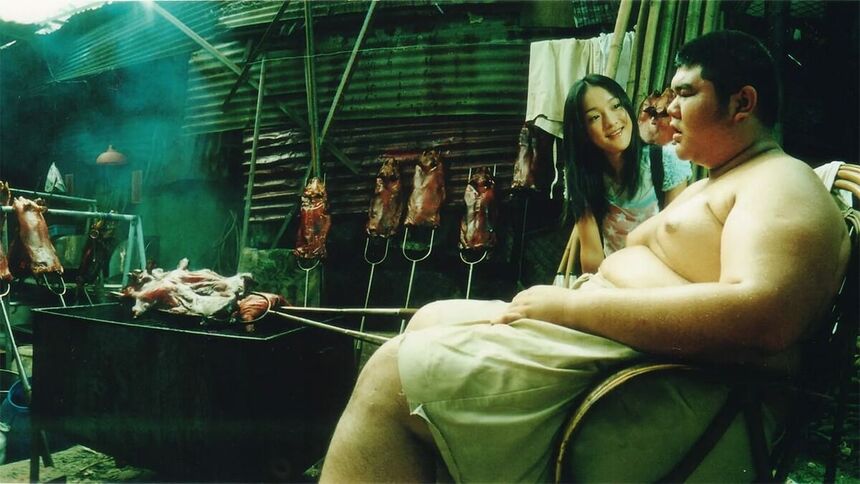
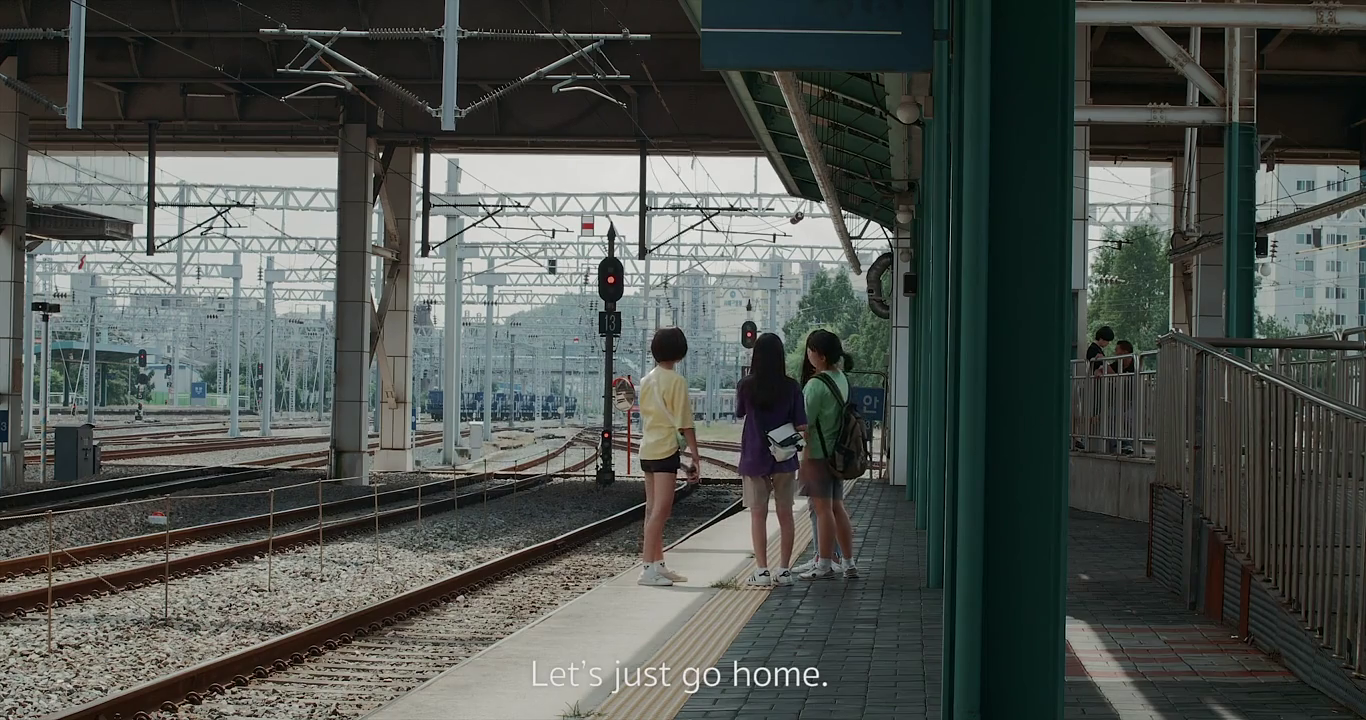
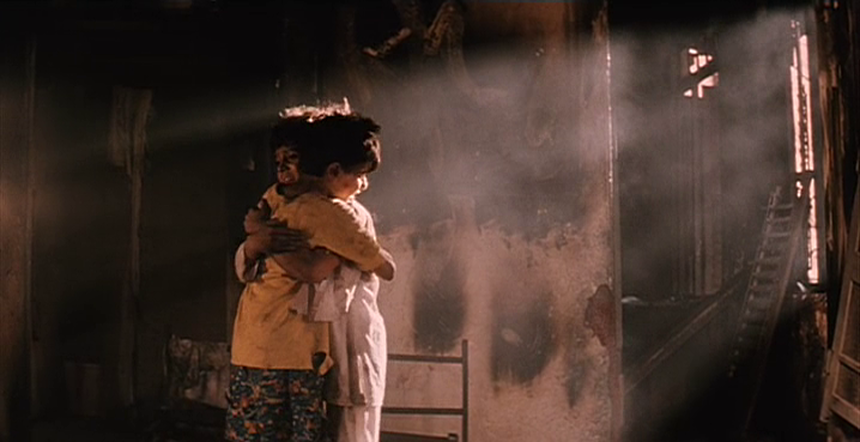
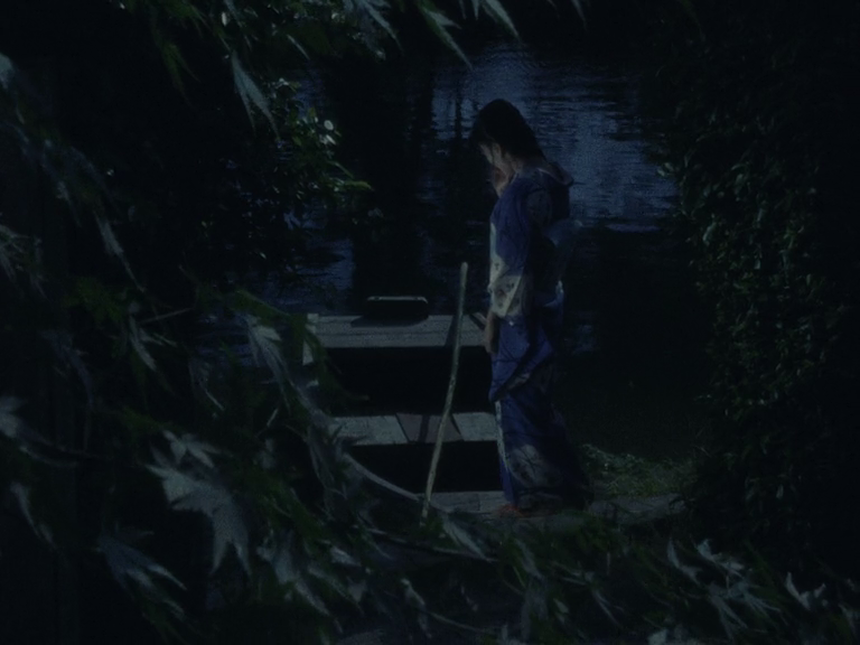
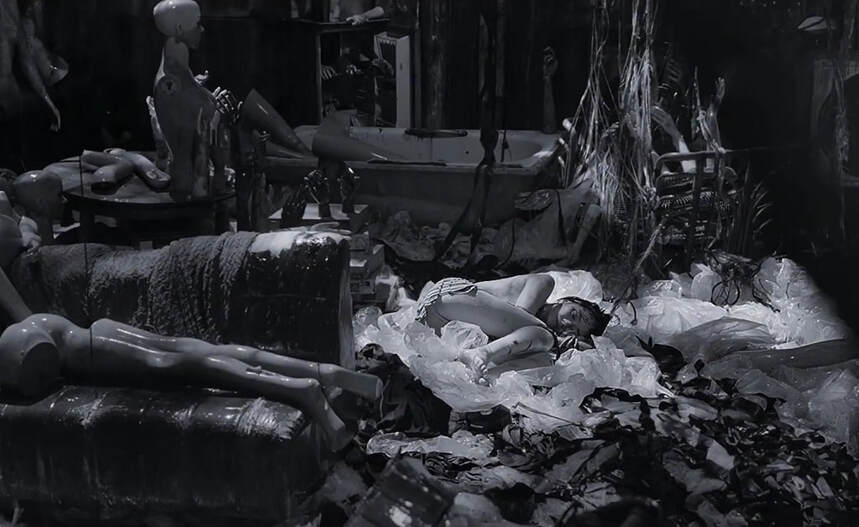
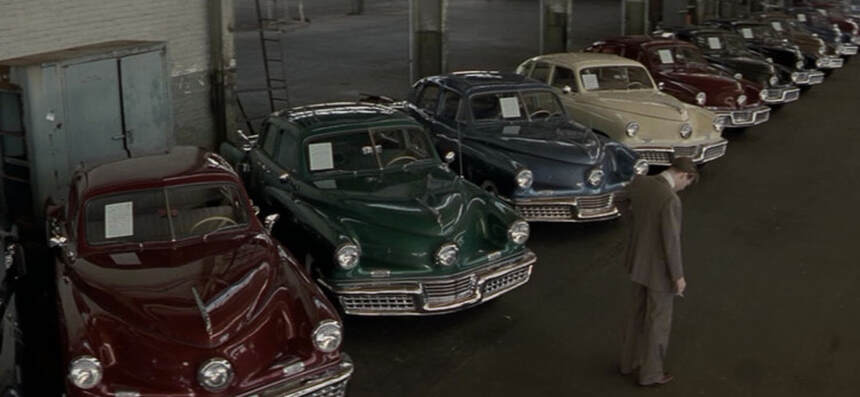
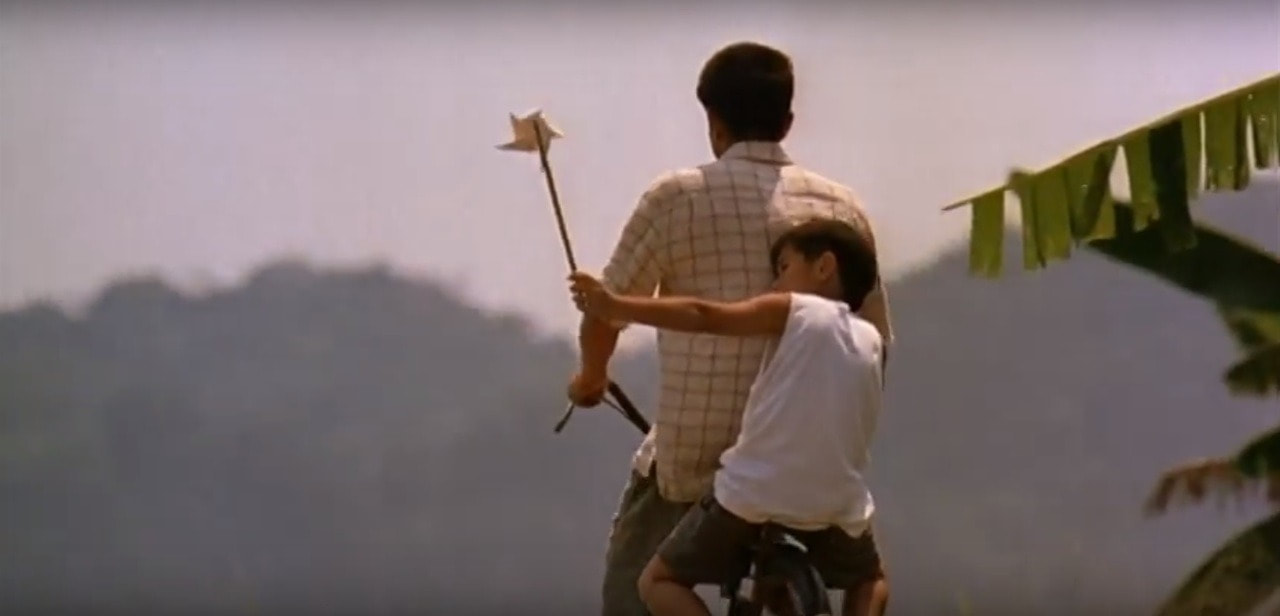
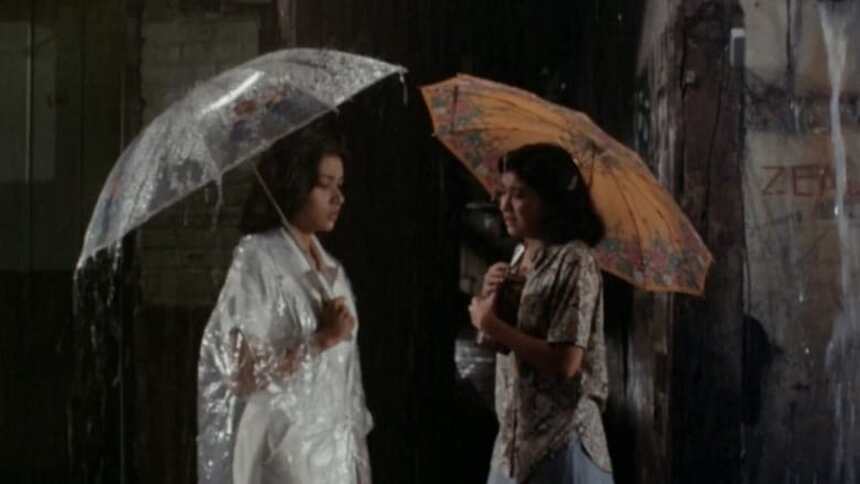
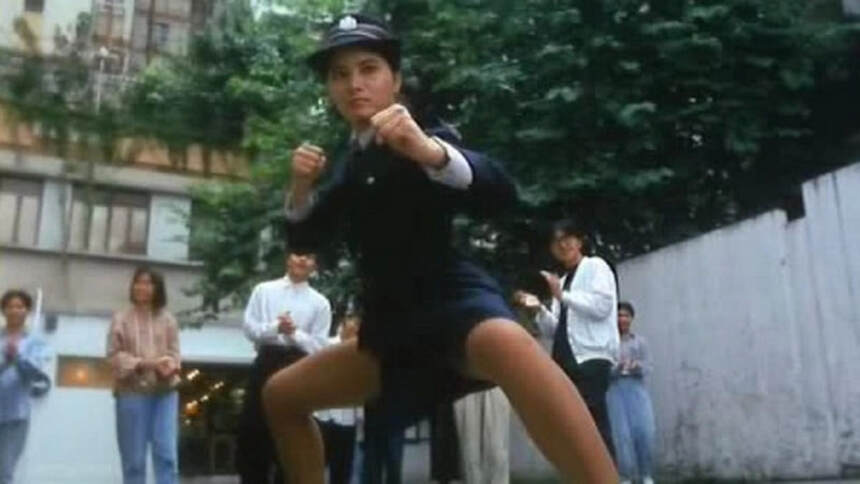
 RSS Feed
RSS Feed
